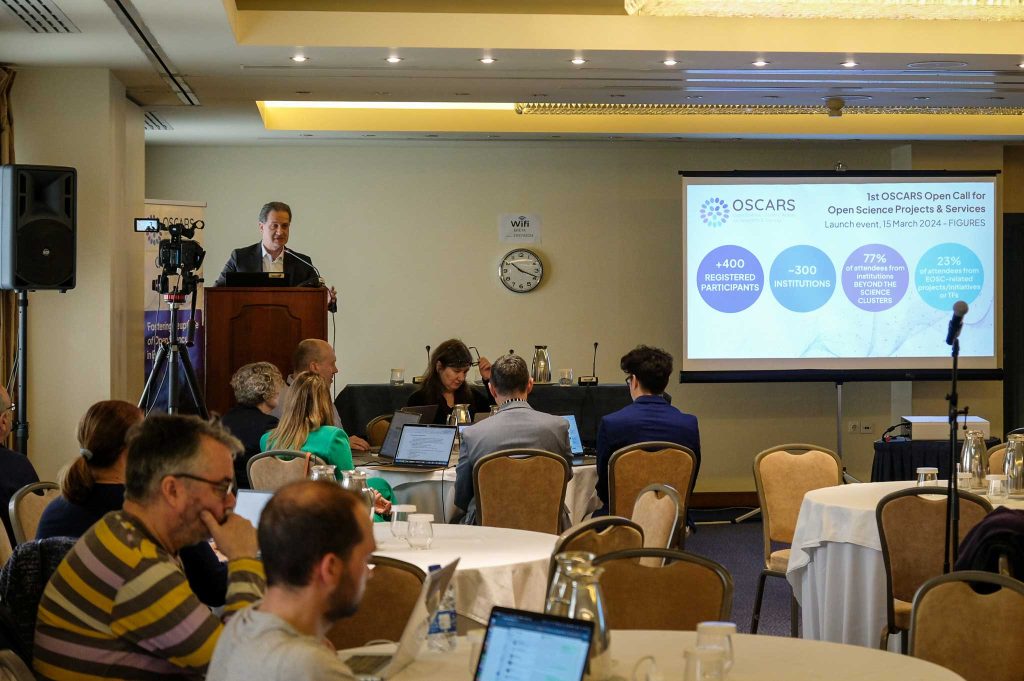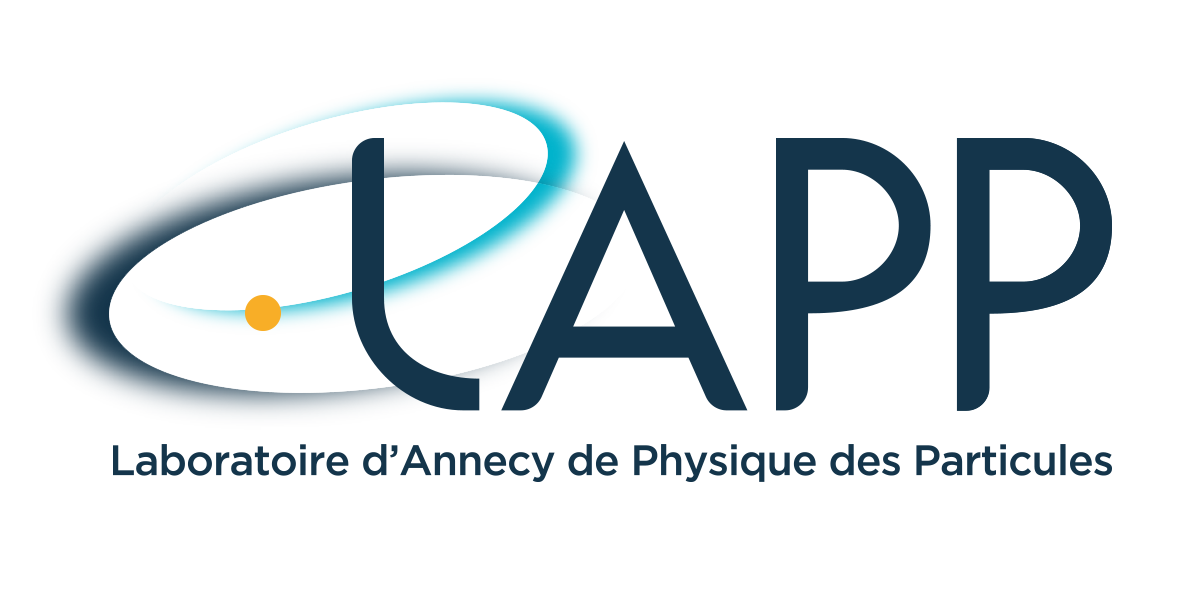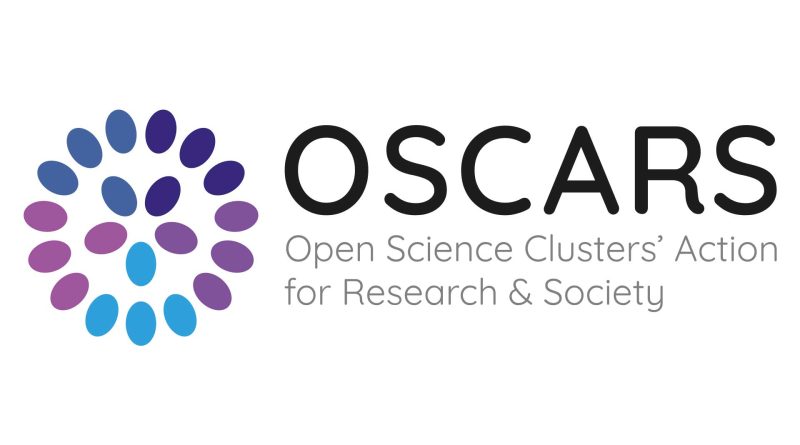LAPP coordinates the European project OSCARS, towards a more open science
The Annecy Laboratory of Particle Physics (LAPP) is coordinating the international project OSCARS (Open Science Clusters’ Action for Research & Society), aimed at encouraging the move towards open science in Europe.
OSCARS: Open Science for research and society
Since 1 January 2024, the OSCARS project, funded by the European Union as part of the Horizon Europe programme and coordinated by CNRS via LAPP, has brought together major research infrastructures representing the various fields of European scientific research. Its aim is to support the creation of interdisciplinary scientific data services and sustainable working practices in line with the FAIR principles (Findable, Accessible, Interoperable, Reusable).
Through a process of multidisciplinary Open Calls, OSCARS encourages the development of new innovative open science projects. Researchers or groups of researchers from all scientific fields can propose projects via a cascading grants mechanism.
OSCARS also intends to support the role of the Science Clusters, helping them to set up Competence Centers and virtual research environments fostering the alignment of practices in scientific data analysis.
In order to achieve these objectives, the 4-year OSCARS project has been granted ~25M EUR funding in the framework of the European Commission Horizon Europe call HORIZON-INFRA-2023-EOSC-01-01, under grant agreement no. 101129751.

The OSCARS Kick Off meeting, which took place from 13 to 15 March in Thessaloniki, Greece and online, gave a new impulse towards open science. At the end of the three days of work, the first of the two OSCARS Open Calls was launched in front of several hundred scientists gathered for the occasion. Credit: OSCARS.
At LAPP, a true expertise in the coordination of international projects
Over the last few years, thanks to projects funded under the Horizon 2020 programme, European research infrastructures have come together in five major thematic Science Clusters to build and implement the European Open Science Cloud (EOSC). Thousands of scientists have contributed to the development of tools to improve scientific collaboration and the sharing of research data. OSCARS was created following the initiative of these clusters, in order to continue moving towards a more open science.
In the fields of particle physics, nuclear physics and astrophysics, the ESCAPE project, coordinated by LAPP, was responsible for developing tools to help scientists produce and exploit scientific results compatible with the FAIR principles. ESCAPE has now become an international collaboration, and the services developed during the project are now used by thousands of scientists.
Giovanni Lamanna, director of LAPP and director of the ESCAPE Open Collaboration, has been appointed coordinator of the OSCARS project, confirming LAPP’s major commitment to the European Open Science initiative.
Science opens up to the local community
With the OSCARS project, LAPP once again finds itself at the heart of the European research area. The teams at the Annecy laboratory have confirmed their expertise in collaborative scientific work and in the coordination of European projects. LAPP has recognised experience in a number of areas that are vital to the operation of these high-stakes projects: data science, artificial intelligence, IT development, project management, finance, human resources, communication, collaborative work, etc.
Committed to strengthening the links between scientific research and society, LAPP meets with key players in the Haute-Savoie region to share its expertise.
This is the aim of IDEFICS (Informatique, données et entreprises pour la formation et l’innovation en calcul scientifique et pour la société), a project initiated by LAPP in 2019 to support SMEs in the Auvergne-Rhône-Alpes region in their digital transition, particularly in terms of artificial intelligence and data management. IDEFICS offers support from data science experts at LAPP and LISTIC, as well as access to the resources of the MUST data centre. Companies can also take advantage of reserved seats at the international software programming schools organised by LAPP each year.
“We have used our European commitment as a lever to initiate more local cooperation with the socio-economic world and with industries“, says Giovanni Lamanna. “We support local companies in their digital transition, offer new training courses, set up international summer schools that are also open to industry participation, or initiate multi-disciplinary cooperation with other research and higher education components within the CNRS and the Université Savoie Mont Blanc“.
More information
- OSCARS website: https://oscars-project.eu/
- 1st Open Call for Open Science press release: https://oscars-project.eu/news/oscars-launches-its-1st-open-call-open-science-projects-and-services
- Science Clusters website: https://science-clusters.eu/
- ESCAPE website: https://projectescape.eu/
- More information about ESCAPE and LAPP:
- Interview of Giovanni Lamanna, ESCAPE Coordinator: https://www.cnrs.fr/fr/cnrsinfo/escape-les-physiciens-preparent-leur-science-ouverte
- Presentation of the ESCAPE project: https://www.lapp.in2p3.fr/2018-11-science-4152


